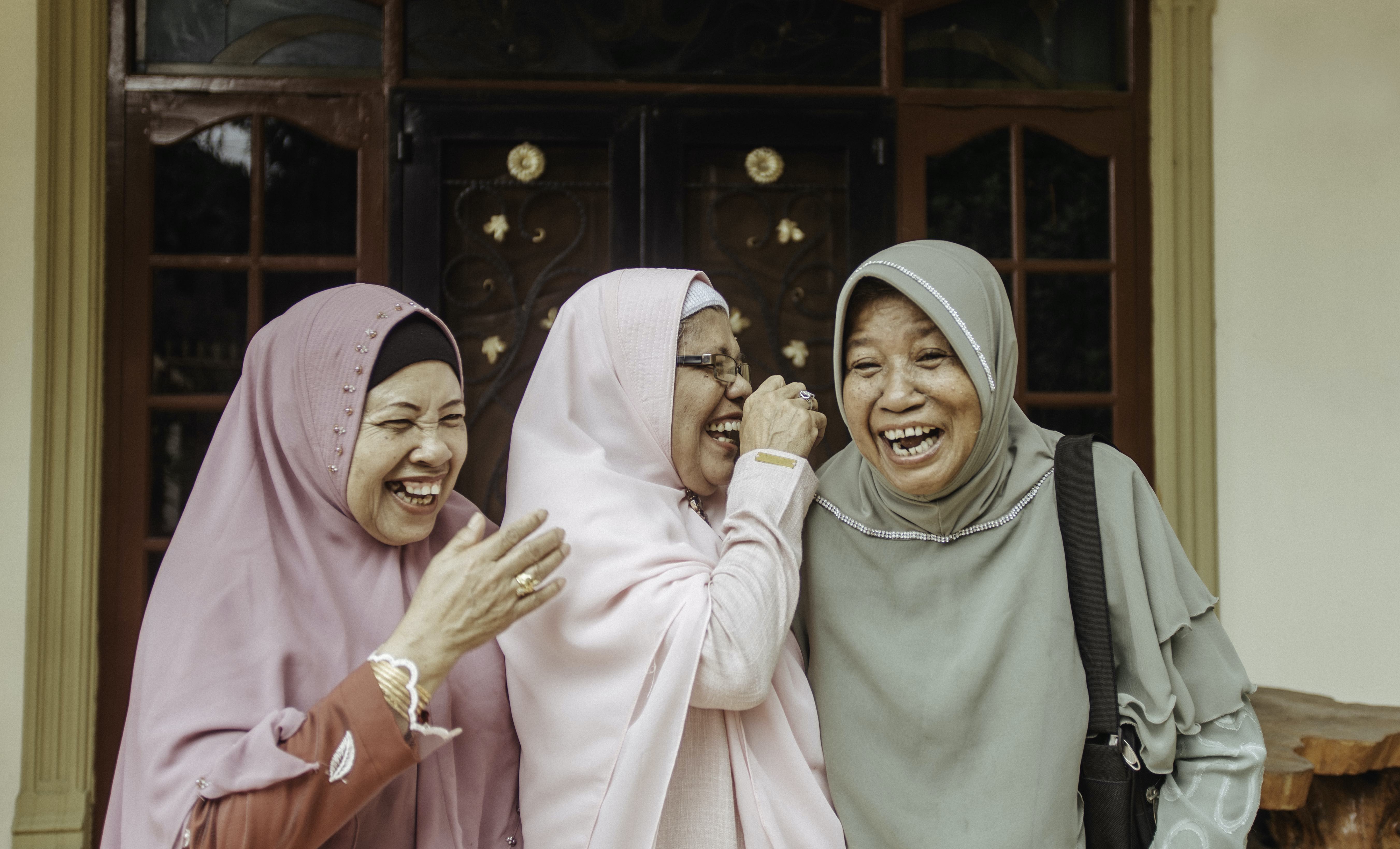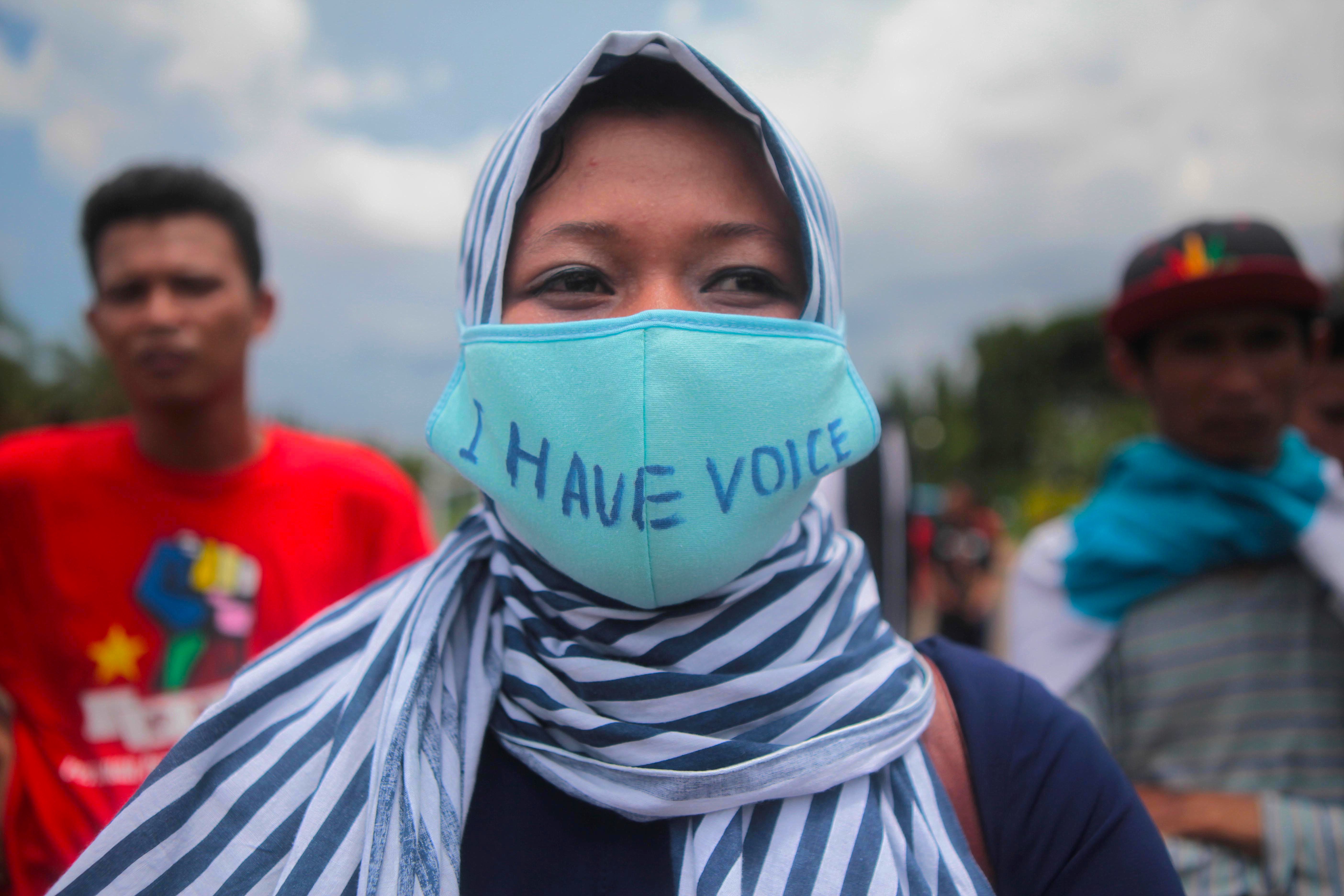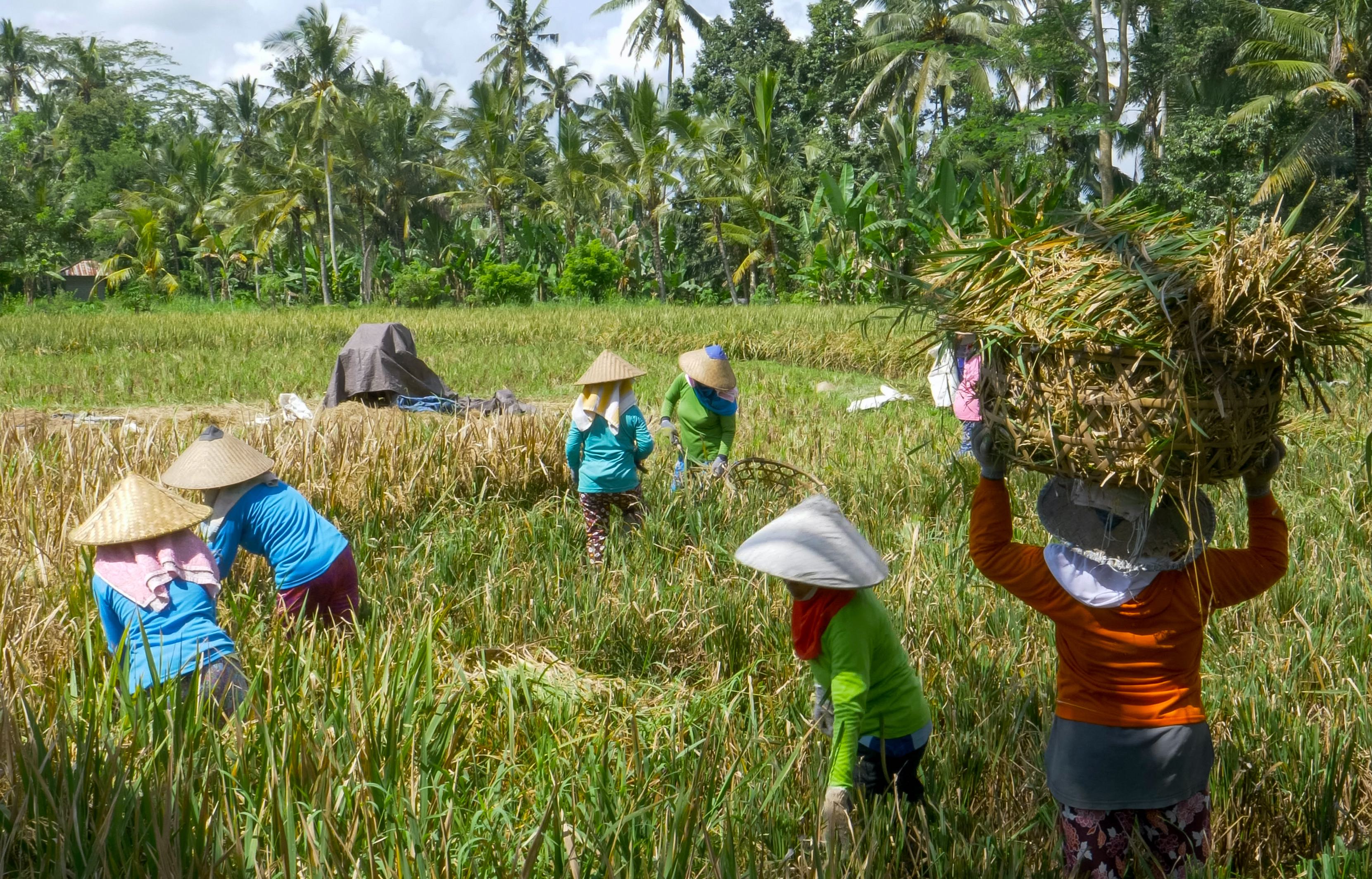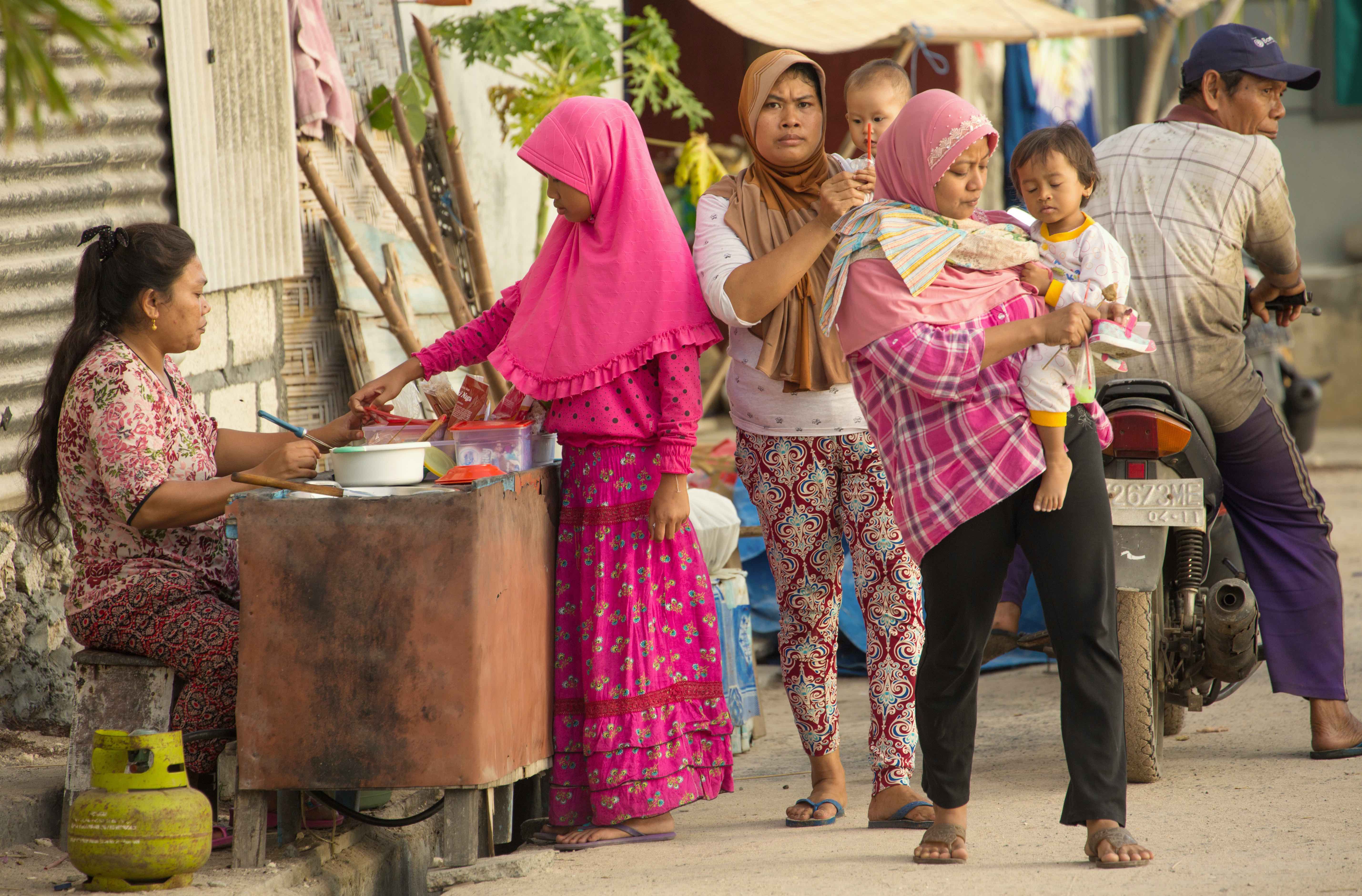
Politics & Society
Is Indonesian democracy still trapped in old-style politics?

All over the islands of Indonesia, women are making change for themselves from the ground up and defining the future of gender equality
Published 5 December 2019
According to the United Nations, Indonesia currently ranks at 116 on the Gender Inequality Index, but our research suggests that grassroots change is in motion.
Our joint project, a collaboration between the University of Melbourne and Universitas Gadjah Mada in Indonesia, found that women’s civil society organisations are doing the painstaking work of chipping away at the social norms and structural barriers to gender equality and, as a result, the landscape is slowly changing.

Indonesia’s cultural and religious diversity – as well as the fact that the archipelago comprises tens of thousands of villages spread across thousands of islands – poses complex challenges when it comes to women’s rights and gender equality.
In many rural and peri-urban areas, poverty levels are high and education levels are low, and entrenched cultural beliefs keep women in the home and out of public life.

Politics & Society
Is Indonesian democracy still trapped in old-style politics?
Often, poor women don’t have the basic paperwork, know-how or confidence needed to access programs like health cards. Access to health services is also limited, particularly in remote parts of the archipelago and maternal mortality rates are high.
Additionally, gender-based violence is a reality for many women, with 348,446 recorded cases in 2017. Meanwhile poor women are also vulnerable to manipulation by middlemen that organise migrant labour in countries such as Saudi Arabia, Oman and Malaysia.
There’s no question that government needs to take drastic action on these issues, but our project starts to piece together the big picture of the work civil society organisations are doing to improve gender equality.
One is the Female-Headed Household Empowerment Program, or PEKKA, which supports women to secure social protection programs in health and education through accessing identity cards.

Another, Migrant Care, works to protect female migrant workers from exploitation. Islamic women’s organisation ‘Aisyiyah has improved access to and cultural acceptance of reproductive health services like pap smears and breast cancer screening. BaKTI works to reduce violence against women.
KAPAL Perempuan has established informal women’s schools in 25 villages across Indonesia. With newly gained skills such as reading, writing and financial literacy, women are often able to establish small businesses and achieve economic independence.
These schools teach more than letters and numbers – they share knowledge with village women about their rights.

Politics & Society
Reversing Indonesia’s child marriage laws
Many of the women at the school in the Pangkajene Kepulauan islands, off the coast of South Sulawesi, tell the same story. In their village, they explain, there is the belief that if men do domestic work, their lives will be short.
Having gained knowledge about gender inequality and the confidence to express how it impacts them, women have taken the ideas they’ve learned out of the school and into their homes.
Now, they say, their husbands help with domestic work, relieving the double burden of work inside and outside the home. It’s a small but significant cultural shift.
In a culture where women’s voices are not heard in public forums, the schools represent a safe environment where women can discuss issues that affect their daily lives.

The ultimate goal is for these women to take on more leadership roles so they can advocate for women’s rights.
The outcomes of our research, supported by the Australia-Indonesia Partnership for Gender Equality and Women’s Empowerment, known in Indonesia as MAMPU, will help to inform the work of other civil society organisations and future national policy-making in Indonesia.
MAMPU, a joint initiative of the Australian and Indonesian governments, works with civil society organisations across the country to develop women’s collective capacity and empower poverty reduction.

Politics & Society
Anwar Ibrahim’s rebirth and Malaysia’s LGBT+ rights
Progress like this takes time, but many civil society organisations are seeing a butterfly effect.
Where women were once too intimidated to set foot in the village office, they now regularly approach village leaders, take the steps necessary to access services and voice their opinions in village planning meetings.
This is particularly significant since the introduction of the Village Law in 2014, which changed the way the Indonesian government allocates budget to rural areas.
Under this law, more than 74,000 villages in Indonesia each receive around USD$75,000 every year from the national budget for their development priorities and initiatives.

The question, of course, is: who decides what to prioritise in a village? And whose needs must be taken into account?
Needless to say, women’s voices have been largely unheard.
While gender quotas for parliamentary candidates have been in place since 2003 and there are several female ministers, at the village level, politics is still a man’s domain.

Politics & Society
Is Australia becoming the ‘lonely’ country?
Village heads are usually men and women have been unwelcome or absent at village planning meetings. Inevitable, then, that it is still men who decide how money is spent.
But this too is changing.
Our joint project is uncovering the ways that women’s groups, established or supported by civil society organisations, are acting to influence village decision-making.
But while “bottom-up” action is needed for progress, there also needs to be support from those at the top. There’s work to be done in convincing those in power to use their influence to make gender equality a matter of policy.

In his 2019 election campaign, returned President Joko Widodo made a number of election promises with regards to women’s empowerment and in early 2020, our team will present our research to the Indonesian government, particularly to those agencies supporting villages.
The aim is to ensure that key Indonesian government agencies have a comprehensive understanding of how community-led change to women’s empowerment and gender equality is progressing across the archipelago when it sets the priorities for its programs and future development plans.

Politics & Society
20 years after Soeharto: Is Indonesia’s ‘era reformasi’ over?
For example, the National Development Planning Agency is developing new strategies around women’s empowerment and gender equality and the Ministry of Villages is working to strengthen participation processes in development decision-making in villages.
There is a growing agenda for women’s empowerment in Indonesia, both from women themselves and at the highest level of government.
And our research will help to ensure that national change-makers are equipped with the knowledge to break down barriers to gender equality.
The research is supported by the Australia-Indonesia Partnership for Gender Equality and Women’s Empowerment (MAMPU). The views in the article are the perspectives of the writers and do not necessarily represent the views of the Government of Indonesia and the Government of Australia.
Banner: Getty Images